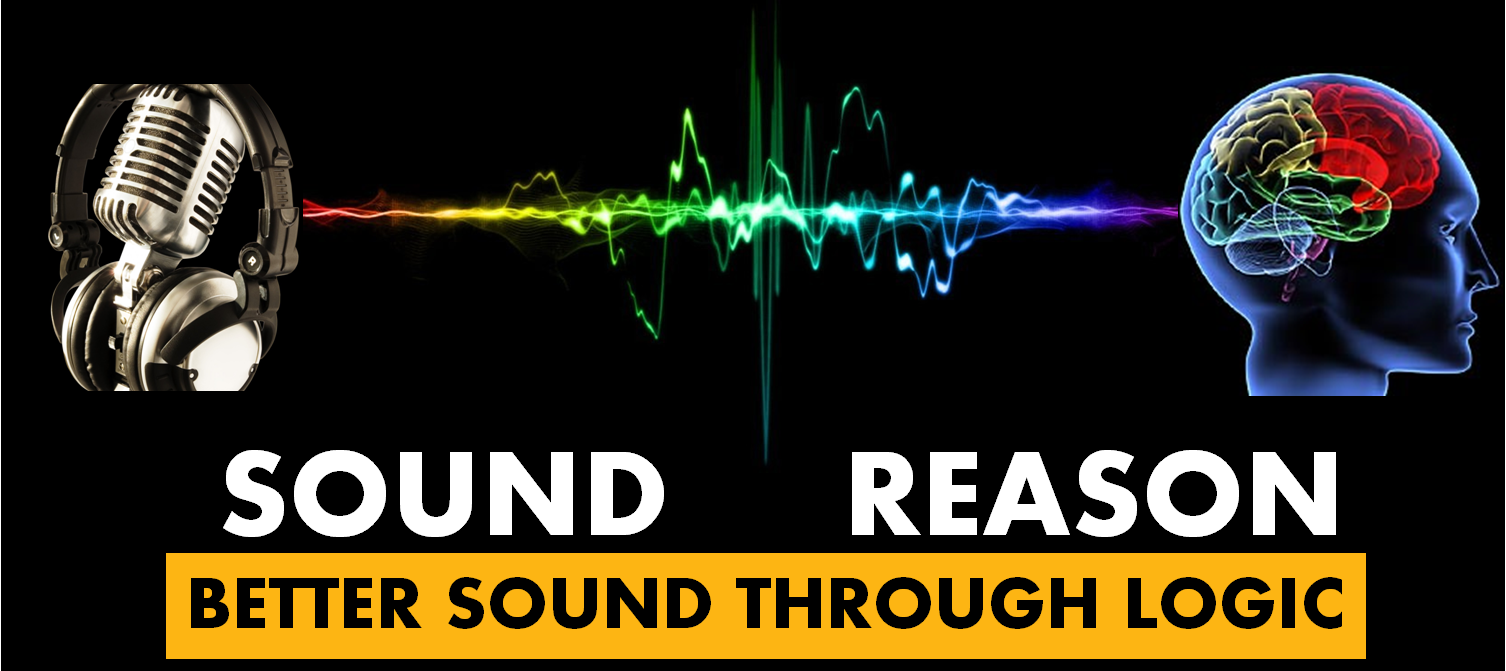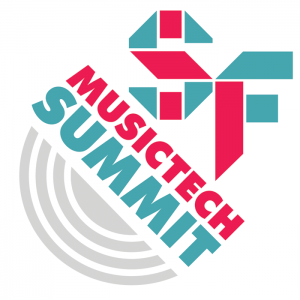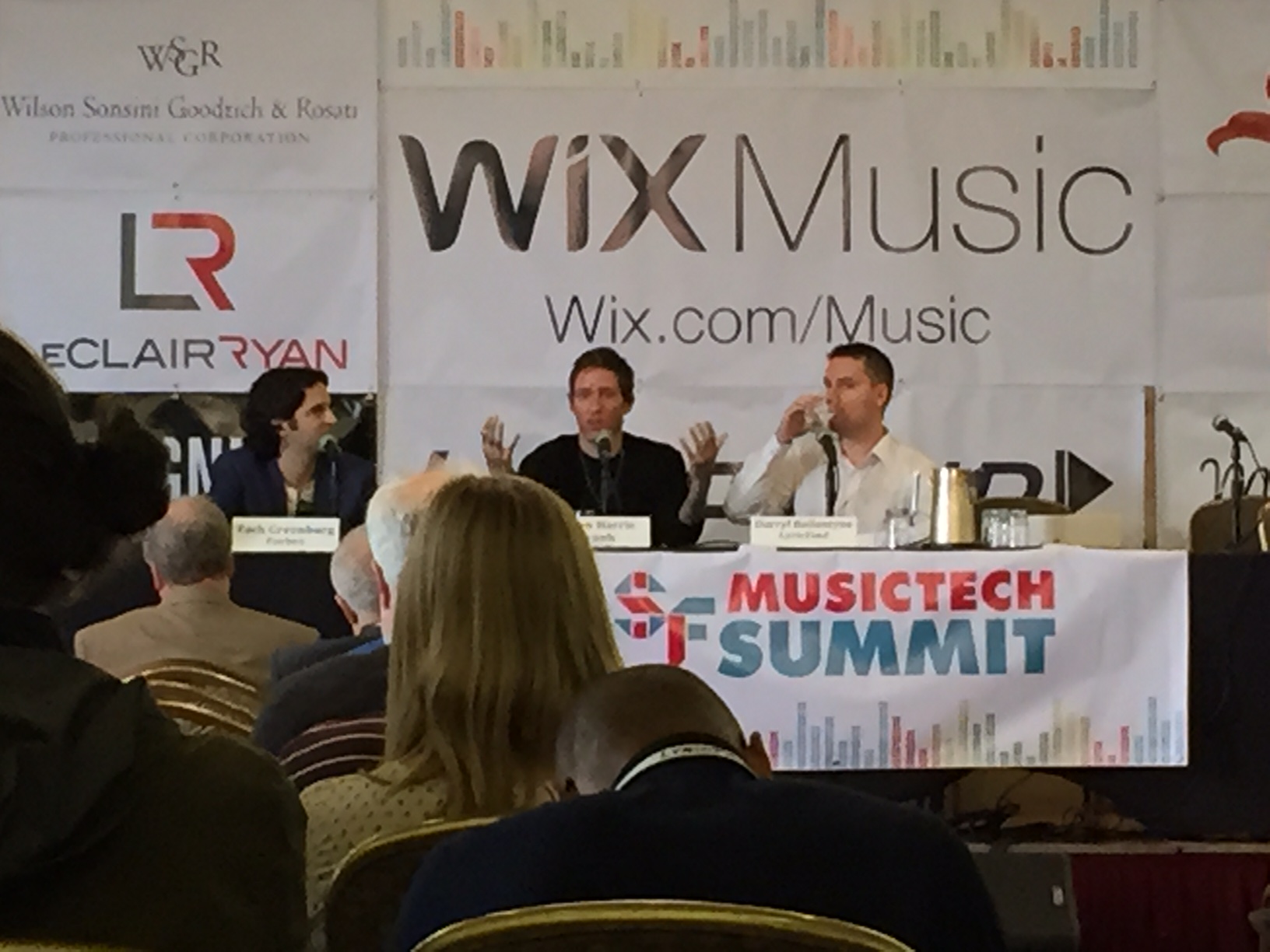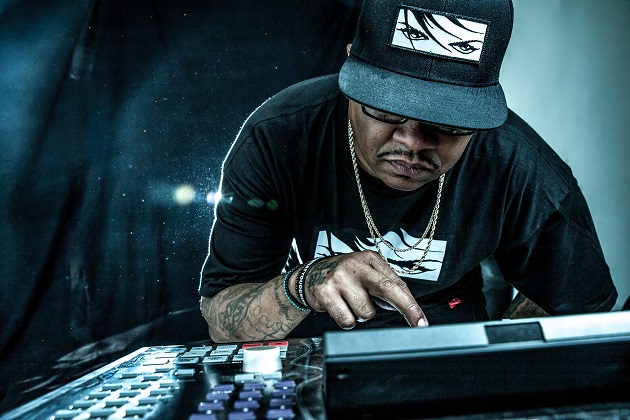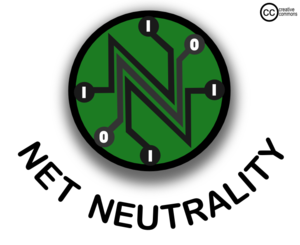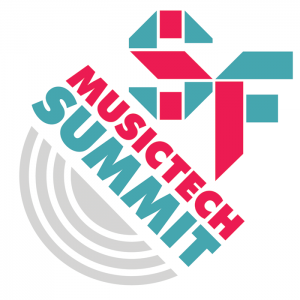 We are currently less than a month away from the SF MusicTech Summit taking place at the Hotel Kabuki on November 11th. This will be my third time attending the show and if the last one was any indication there are certain to be some amazing ideas being shared and some fantastic people looking to expand their involvement in the music industry.
We are currently less than a month away from the SF MusicTech Summit taking place at the Hotel Kabuki on November 11th. This will be my third time attending the show and if the last one was any indication there are certain to be some amazing ideas being shared and some fantastic people looking to expand their involvement in the music industry.
I still recall my first experience at the SF MusicTech Summit. I had been around the local music scene for a while as a musician and audio engineer, but was looking to start moving towards the next level. Going into the show I wasn’t completely certain what it was all about as the agenda focused on new ways of sharing music with each other and a digital audience. I heard a lot of people talk about topics that I, at the time, believed weren’t for me. I just wanted to play, produce, or engineer music. I came to find years later that some of the information shared during that show would be beginnings of the foundation that would help me establish myself in my career. The lesson I learned in that experience was that information is valuable throughout your life, even if it seems like you can’t use it right away.
It was with that in mind that I wanted to ask some of those whom have attended the show in the past what it is about SF MusicTech that makes it completely worthwhile for the uninitiated and why newcomers should make the investment in themselves and their career to attend. With the help of Patti Silverman at SF MusicTech, I was able to reach out to Ted Cohen of Tag Strategic, Elmo Lovano of Jammcard, and David Blutenthal of Moodsnap to get their stories, experiences, and perspectives on why you should jump at the chance to attend this show.
Raising The Question
To answer the question in its simplest form, Ted Cohen, who has attended nearly every Summit since the beginning, stated “SF MusicTech is for rabid geeks who love music.” This conference has the tendency to draw a slightly different crowd than some of the others out there, with Mr. Cohen calling it more Berkeley and less Harvard.
This open and casual style is seen, and highlighted, in the impromptu meetings that you’ll find taking place in the hotel lobby between and during the day’s panel discussions. Both Elmo Lovano and David Blutenthal have attended the Summit as people presenting new ideas for the music industry. Mr. Lovano attended his first Summit earlier this year as a part of the “Musicians with Startups” Panel, while Mr. Blutenthal previously pitched his idea for Moodsnap at the Startup Innovators Challenge a few years ago.
Present Yourself
In both cases, they were at the Summit to share their ideas with the public and see how they resonated. David Blutenthal says that at Moodsnap “We don the Startup Innovators Challenge badge on our website, and I believe that when we’ve applied and been accepted to other showcase opportunities…the early validation from SF MusicTech played some role in people noticing…that we’re to be taken seriously.” Yes, the product was highlighted in its victory at the show, but it was still early on the product lifecycle. The Summit became a place where David and his team could get a recurring gauge of public perception of what they were doing as it continued to develop.
Elmo Lovano shared a very similar experience as the moderator of his “Musicians with Startups” panel was an editor at Forbes who ended up doing a story on Jammcard and the services that it is providing. While he has attended music industry conferences for years, this was Mr. Lovano’s first time participating in a conference as a part of the tech side where he was launching a product of his own creation to link musicians together in the digital realm.
Both of these men emphasized the fact that SF MusicTech Summit is a place where the attendees, be they musicians or technologists, get to see what other people are doing, track industry trends, policies, and emerging ideas in an open environment. David Blutenthal emphasized that it starts from the beginning of the day where “Brian [Zisk]’s opening remarks that kick off the morning’s activities ritually end in a message encouraging people to introduce themselves freely, be friendly, and have fun.”
Inclusiveness At Its Best
It’s not often that you go to a conference where the message is to do more than just sit and listen. Typically a conference will emphasize that you are there to be filled with the knowledge of the presenters and panelists. These are the same types of events that pull in the largest names in the industry as the keynote speaker who will “come, speak, and leave,” as Ted Cohen points out.
However, because of the very casual atmosphere and the emphasis on networking, you are provided the opportunity to meet these high level executives and other aspirational, and inspirational, leaders. David Blutenthal is a perfect example of what’s possible as he has used the Summit to connect with people who would become a company advisor, a content provider, a couple of real friends, and even influencers across music business verticals.
This means that you can tailor your SF MusicTech experience based on what you’re looking to accomplish. Do you want to put yourself and your ideas out there? Do you want to network and get to know other industry members that you can learn from and possibly partner with outside of the conference? Or do you want to attend the continually ongoing panels that will be taking place in rooms throughout the Hotel Kabuki from 9 am to 6 pm? There are nothing but options in how you might wish to experience this unique event.
Why YOU Should Attend
When all three men were asked who they would recommend attend the SF MusicTech Summit and what encouragement would they give to get them there, the answers were all a slight variation on a theme: people interested in getting more involved in the music industry. Ted Cohen said, “anyone with a new idea on how to experience, distribute, or promote music who has trouble getting attention.” This is a conference after all, and that means exposure for you and your ideas to people who can help them to grow.
Elmo Lovano focused on those that might share his musician background as they would “get to see what people are doing, what new tools and online communities, streaming services, and debates” while also “hearing from the companies and how their revenues are operating” or “how business is changing with the evolution of technology.” Musicians have to keep up with more than just scales and performance skills. They must know the business of music as well.
It was David Blutenthal, though, that had the concise, all-encompassing statement of why you should go sign up today. “Think about it this way, you’ll learn more, meet more people, and will be better informed in just one day than you will spending months sitting behind your desk.”
All three openly invited you to say “hello” if you run into them at the show this year. David even offered his twitter handle to ensure you can meet up – @DBlut7. So don’t worry about not knowing anyone at the swiftly approaching Summit, you now have a little bit of knowledge about three people who would surely welcome you stopping them for one of the impromptu meetings between sessions of never ending information, or perhaps at the parties that follow.
To register to attend the SF MusicTech Summit click here and use code soundreason for 10% off.
